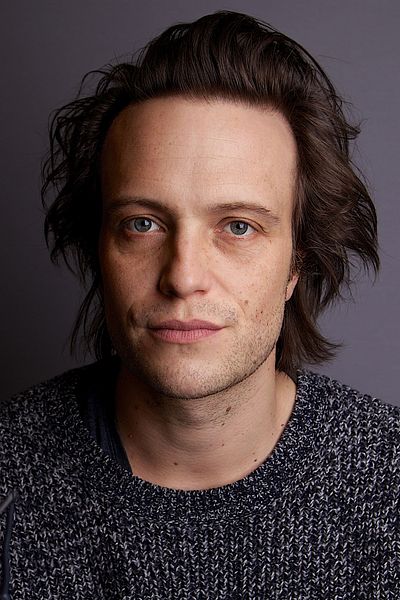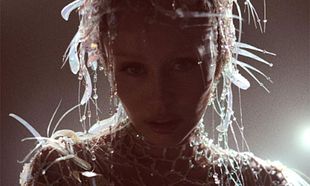An important, brooding meditation on personal good versus societal evil...
Franz Jägerstätter (August Diehl) and his wife Fani (Valerie Pachner) live a happy, honest and hard-working life as Austrian farmers in the '40s. When he is conscripted to the German Army, Franz refuses to swear the mandatory oath of allegiance to Hitler and is imprisoned in Berlin, while back home, Fani faces social isolation and harassment as a result of her husband's beliefs.
All the trademarks of a classic Terrence Malick film are here, both narratively and stylistically, which may tell you all you need to know already. Your tolerance for 'A Hidden Life' may vary depending on whether you find Malick a masterful visual poet laureate, or an over-indulgent and boring faux-philosopher. At times, even a die-hard Malick fan may feel the film is repetitive and somewhat on-the-nose in driving home its thematic concerns.
Yet those concerns, and Franz's quiet yet unyielding resistance to a dominant and evil regime, are uncomfortably and undeniably relevant in 2020. Franz's life story is exactly the kind of narrative Malick enjoys exploring and placing in context. As per the George Eliot quote that gives the film its name, he 'lives faithfully a hidden life', marked by 'unhistoric acts'. Franz's resistance to Nazism does not manifest in violent acts or erudite public speeches, but in a commitment to his own God and way of life. It's reminiscent of Martin Scorsese's 'Silence', with its focus on one man's unwavering faith amidst brutal persecution; or even Jeff Nichols' 2016 film 'Loving', in taking one couple's small and personal love story and putting it at risk in the context of a cruel and unjust society.
On that note, it's admirable that Malick devotes as much time to Fani as to Franz, and allows both to be well-realised as characters. The film is based on the real letters written by the couple to each other during this time and does an excellent job in balancing Fani's struggles on the outside against Franz's persecution. Leads August Diehl and Valerie Pachner are wonderful as Franz and Fani, and have a convincingly joyful relationship, which forms the film’s emotional core and is genuinely moving.
As expected, Malick's poetic visual storytelling and use of juxtaposition is out in full force, with the cold concrete walls, barred windows and gridded bannisters of Franz's captivity presented in stark contrast with the hazy Austrian hillsides, endless wheat fields and babbling brooks of his home. This is gorgeously shot and scored, with the use of natural light throughout particularly notable. The framing, editing and cinematography throughout is so confident that it's easy to forgive some of the less-nuanced shots of a painted God looking down on Franz in his local church, or the Christ-like poses struck against a lowering sun.
An important, brooding meditation on personal good versus societal evil, Terrence Malick beautifully illuminates 'A Hidden Life' in his characteristically sublime style.




















































































